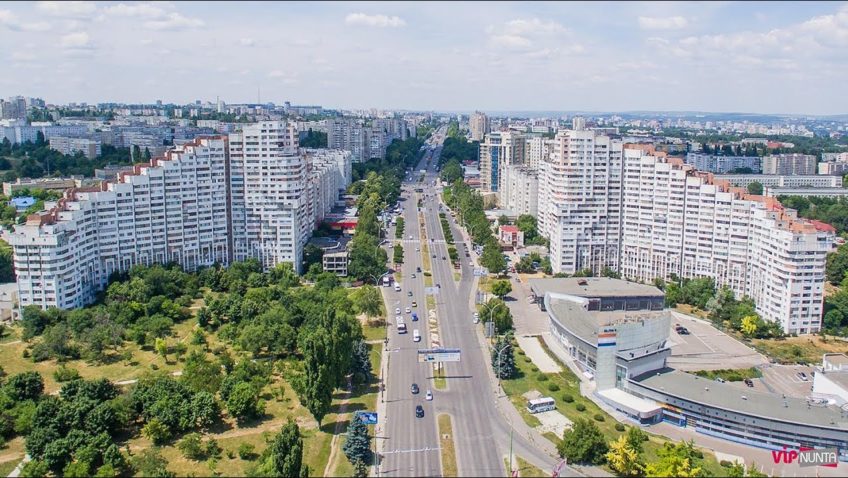Every Sunday, The Vostokian brings you the most important pieces of news from the Balkans and Eastern Europe!
Compiled by Hristo Voynov and Eva Jovanova
1. The political ramifications of Moldova’s recent transition are continuing, with the new PM, Maia Sandu, asking for the resignation of members of the Constitutional Court following their complicity in what Sandu says was a coup to keep the DPM, or Democratic Party of Moldova, in power. When a coalition formed to oust the DPM, the court decided that it was declared a day too late because of a selective reading of the law, which created a period of uncertainty with two self-declared governments. A parliamentary inquiry is also being formed to determine the facts that led to this ruling, which may lead to the further erosion of the DPM’s remaining hold on power.
2. Albania faces rising tensions in light of the upcoming local elections on June 30. The opposition is boycotting the elections and President Ilir Meta tried to cancel them. Sympathizers of the opposition destroyed election material this Tuesday in Bajram Curri, in the country’s north. The police arrested seven people who were involved in the incident. Police were stationed near regional election administration centers in several municipalities led by the opposition that’s boycotting the elections. Regardless of the rising tensions, the Parliament nullified President Meta’s decree to cancel the elections and they will take place next Sunday.
3. Riots broke out in Georgia after Russian lawmaker Sergei Gavrilov spoke in the Georgian Parliament during a session of the general assembly of the Interparliamentary Assembly on Orthodoxy, sparking outcry when he sat in the parliamentary chair because of its significance for Georgians. Due to the Russian-Georgian war in 2008, tensions between the two are high and Gavrilov’s presence was seen by Georgians as a reminder of the conflict and Russia’s role in the region. The next day, the Georgian parliamentary speaker Irakli Kobakhidze resigned over public outcry of his enabling of the event, but the protesters and opposition show no signs of being satisfied. Russia defends Gavrilov and the state’s response to the protests, claiming the entire incident was a provocation set up by the government to draw up anti-Russian sentiment for Western support.
4. Kosovars are already noticing the financial losses from the high taxes it imposed in November on imports from Serbia and Bosnia. According to an analysis by Veritas Global, the purchasing power of the citizens of Kosovo will decrease by 6.4 percent per year due to the higher costs on goods that were impacted by the tariffs. This translates into almost 150 million Euros per year in monetary terms. The IMF agreed with the findings of the analysis and international pressure to revoke the tariffs has not decreased ever since November.
5. Opposition parties in Czechia are looking into options regarding a possible vote of no confidence into PM Andrej Babis over allegations of EU subsidy fraud and conflicts of interest that were recently made more credible by an official European Commission report. The five parties hold enough to trigger the no-confidence vote but would need 14 extra members to support it for it to succeed. While these allegations have been around for years and Babis has been able to avoid any repercussions, major protests against him have been held consistently and show no signs of stopping as there is a major one scheduled for this Sunday, which might help persuade MPs on the fence about whether or not they should continue to support him.
6. This Thursday in Sarajevo the president of the Mechanism for International Criminal Tribunals, Carmel Agius, said that the people who deny genocide should be condemned and prosecuted. The chief prosecutor at the Mechanism for International Criminal Tribunals, Serge Brammertz, warned that denial of genocide and glorification of war criminals is getting worse over time. Genocide denial is mainstream in the Balkans – convicted war criminals are welcomed as heroes by Serbian officials after their release from prison, and Bosnian Serb officials bluntly deny that the 1995 Srebrenica massacres were an act of genocide.


0 comments